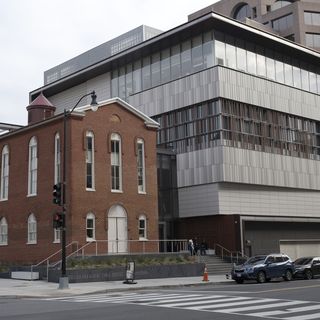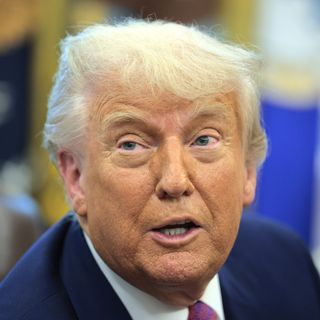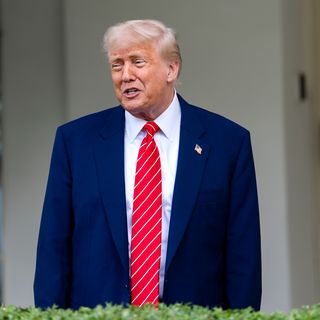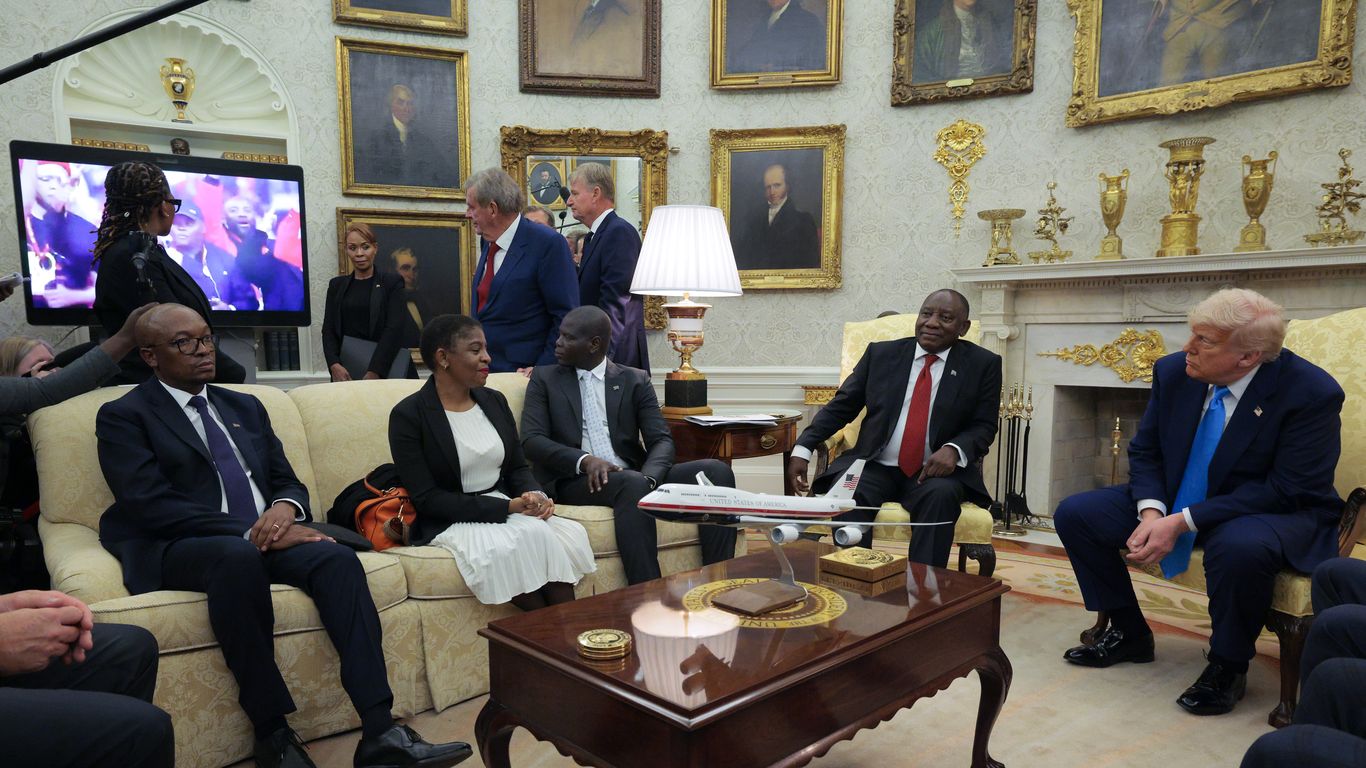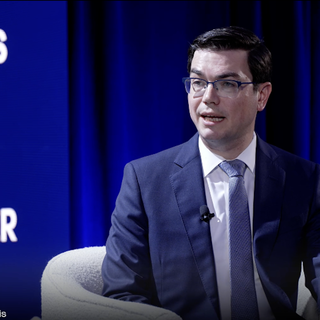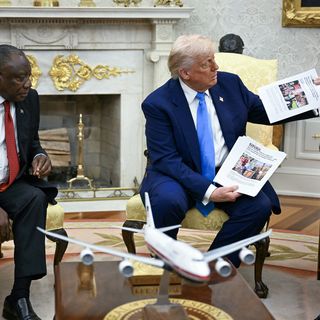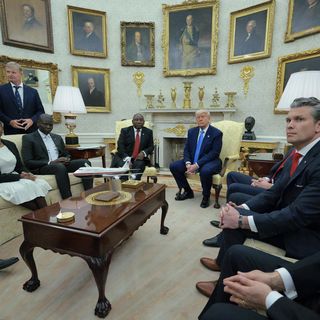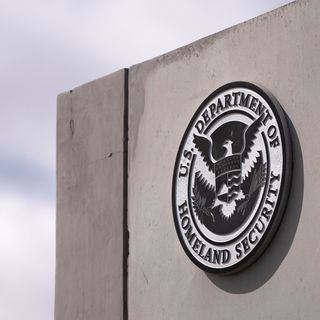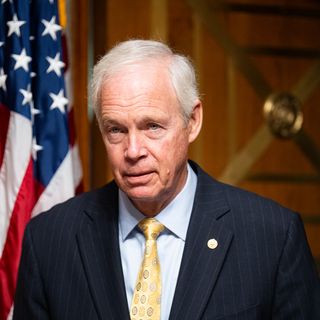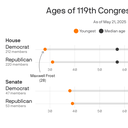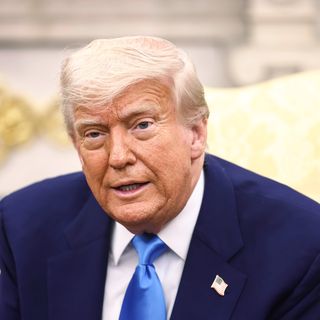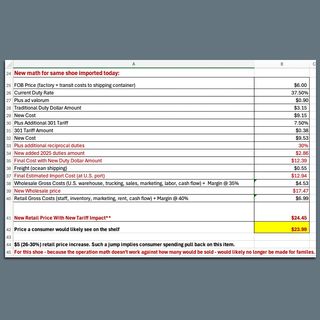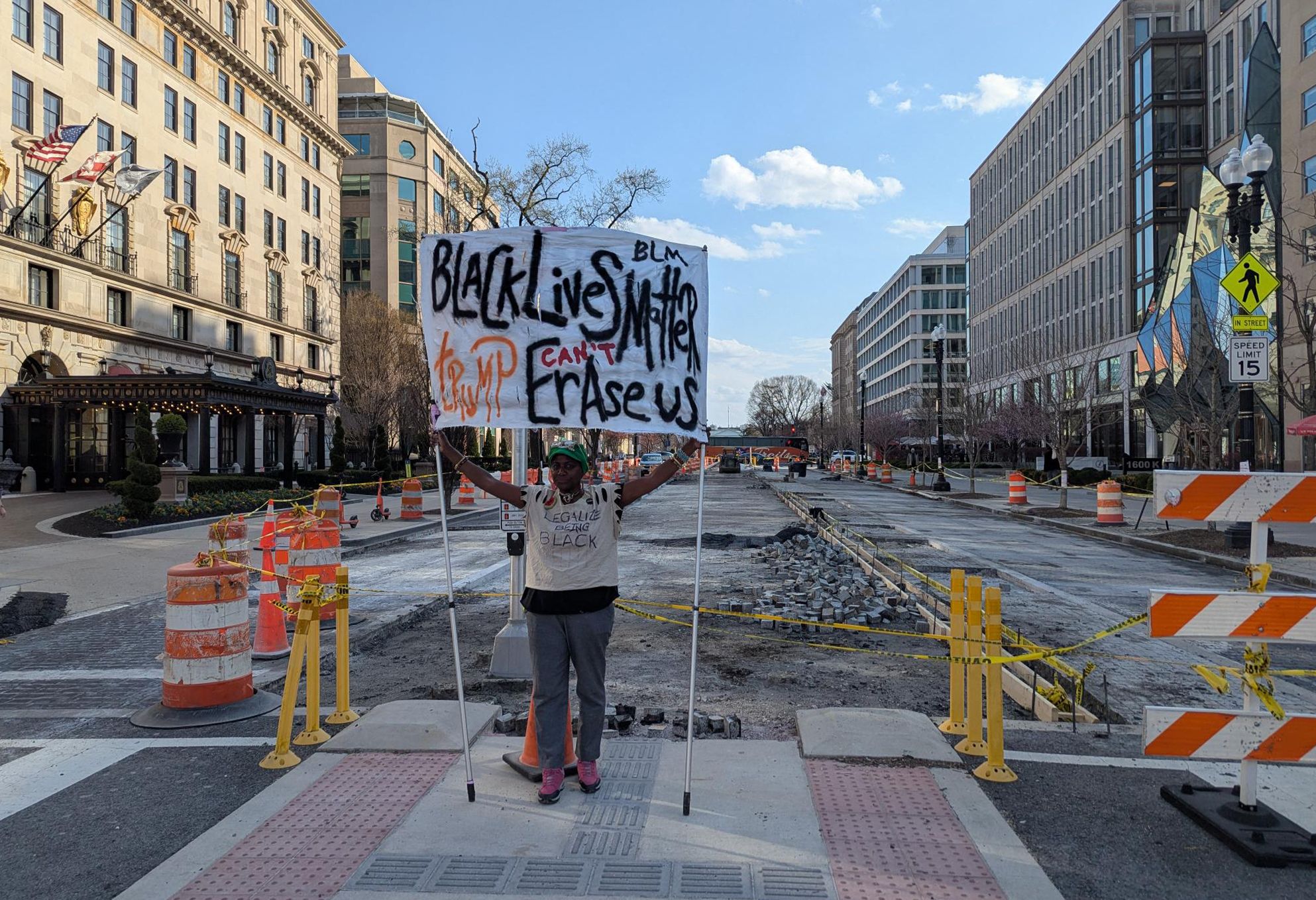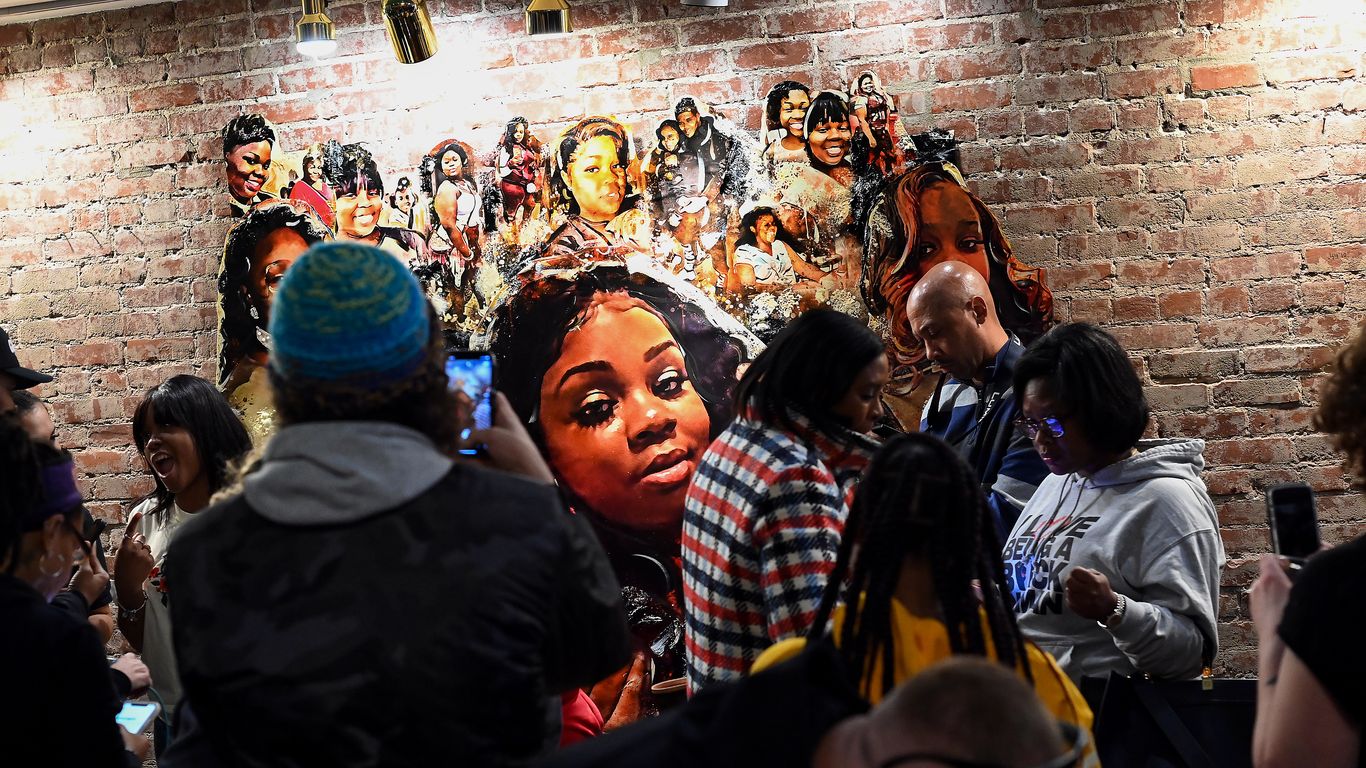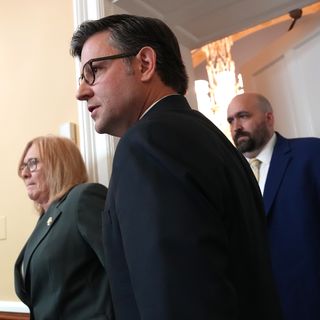2 Israeli Embassy staff killed near Capital Jewish Museum in D.C., officials say
Two Israeli Embassy staff were fatally shot at close range while leaving a Jewish event at the Capital Jewish Museum in D.C., on Wednesday night, the embassy's spokesperson in Washington Tal Naim Cohen told Axios.
The latest: A suspect shouted "Free Palestine" while being taken into custody, said D.C. police chief Pamela Smith at a live online briefing. Officials at the briefing said the fatally shot man had planned to propose to his partner, who was also killed as they left the museum.
- Police named the suspect as 30-year-old Elias Rodriguez, of Chicago, Illinois.
The big picture: Israel's Ambassador to the UN, Danny Danon, in a post to X called the shooting "a depraved act of anti-Semitic terrorism" and said he's "confident that the U.S. authorities will take strong action against those responsible for this criminal act."
- Cohen said Israeli officials had "full faith in law enforcement authorities on both the local and federal levels to apprehend the shooter and protect Israel's representatives and Jewish communities throughout the United States."
- Homeland Security Secretary Kristi Noem said on X her department was "actively investigating and working to get more information to share" on the "senseless" killings.
Zoom in: The FBI's D.C. office said on X its agents responded to the shooting with local police and determined that there was "no ongoing threat to public safety."
- Representatives for the Metropolitan Police Department did not immediately respond to Axios' request for comment late Wednesday, but confirmed on X that a shooting investigation in the vicinity of the museum was under way.
Zoom out: The museum was hosting the annual Young Diplomats Reception, an event that "brings together Jewish young professionals ... and the D.C. diplomatic community for an evening dedicated to fostering unity and celebrating Jewish heritage," per a post from the American Jewish Committee.
Editor's note: This a breaking news story. Please check back for updates.
